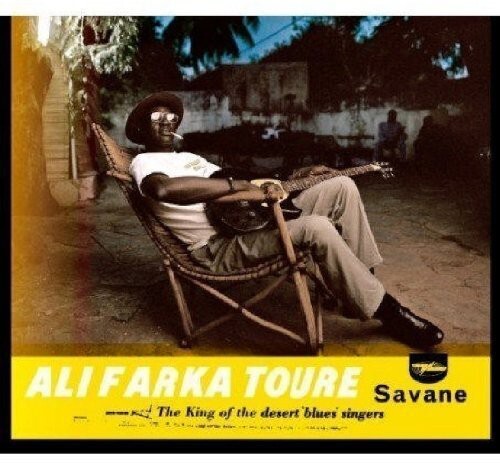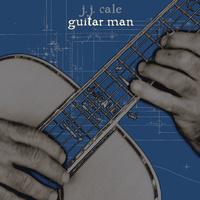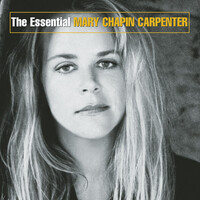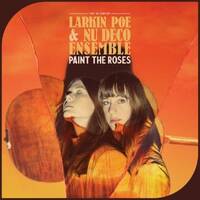2006 CD release.
Whenever a final album is released after the death of a great performer, it is often reviewed far more kindly than it might have been had the artist still been alive. There is no such problem with Ali Farka Touré's Savane. There may be other recordings of his that have yet to be released (including sessions with the world's finest kora player, Toumani Diabaté, recorded at the time of their memorable concert together at the Barbican last year), but this is the last solo album by the best-known and best-loved guitarist in Africa, and it's simply outstanding. He described it as "my best album evera" and he was absolutely right. Even compared to the much-praised earlier work by Mali's "godfather of the desert blues", this is a set that's remarkable for its sheer variety and passion, along with the expected but still thrilling guitar work, and some less predictably fine vocals.
It's the album of a man who had returned to music after years in which he had concentrated on his other great passionsa "farming, and the development of his local region", and who knew he was seriously ill. He had retreated to his village of Niafunke, up in the desert north of Mali, along the banks of the Niger river, after becoming disillusioned with fame and touring, and determined to transform the region through his new role as mayor. Then, Touré developed another concern, that young Malians didn't know enough about their country's extraordinary and rich musical tradition.
He started working with exponents of the ngoni (the traditional Malian plucked lute), including the virtuoso Bassekou Kouyaté, and set up his own guitar and ngoni band. This album was recorded as part of the same sessions that produced the best-selling In the Heart of the Moon album with Toumani Diabaté, though the recordings are remarkably different.
The opening track, Erdi, shows where Touré is heading. There's a simple, repeated bluesy riff featuring the stuttering, dry sound of the ngoni, with the njarka (the one-stringed desert fiddle) added. It's a raw, powerful reminder that the blues came from this part of west Africa, but then the riff is embellished further, with Touré's guitar and the subtle addition of harmonica from the London-based Little George Sueref and saxophone from the great Pee Wee Ellis (who used to play for James Brown). Suddenly, there's a link between the ancient music of Mali and contemporary blues.
He follows up with a light, jaunty piece that shows off his loping guitar work on a bluesy, yet mysteriously Celtic-tinged and melodic piece that would have been a guitar player's delight back in the 1960s, in the era of folk baroque. Then there's Beto, a rolling, joyful burst of desert blues that again features restrained horn work from Ellis, and shows off some fine guitar improvisation. So it goes on.
The title track, Savane, is a reminder that there's yet another style that must have originated in west Africa, as Touré's single-string guitar intro develops into a sturdy reggae song, with the guitar again matched by impressive flurries of ngoni. And then there's Penda Yoro, which sounds like some joyful country-blues session, and Ledi Coumbe, another great guitar-and-ngoni blues workout, again with subtle wailing harmonica, that sounds like some African answer to an early Mississippi field recording and leads in to a wild njarka fiddle improvisation.
This is a memorable album of African blues, but the lyrics are also well worth checking out. As Ali Farka Touré himself said: "It's not so much the music that's important, as what you're saying. But the music has to be good for people to listen to the words." The songs are mostly in Malian dialects such as Peul (but with some sung in French), and they deal with anything from traditional stories about cattle rearing and competition through to tales of the spirit world (he may have been a devout Muslim but he was famous for his gift for communicating with the ancient spirits believed to live in the Niger river) through to more contemporary stories. So there are songs like Savane, dealing with migrant workers in France and the need for modern technology to deal with the desertification of his home region, to Yer Bounda Fara, with its thoughtful reflection on democracy and contemporary Mali.
Ali Farka Touré was not a griot, a hereditary musician, and neither did he come from any religious grouping, but there's a power to this album, reflecting the spiritual traditions of Mali that stretch back to before the Islamic era. He was a guitarist and singer for whom virtuoso performances just seemed to come naturally (he rarely bothered to rehearse) and who transformed western attitudes to Africa with his effortless demonstration that this was the source of the blues, and a whole lot more besides. The mayor of Niafunke may be gone, but his history and legacy lives on. This is an African classic.
Robin Denselow ~ The Guardian
https://www.theguardian.com/music/2006/jul/14/worldmusic.shopping
(76923300752)
| SKU | 76923300752 |
| Barcode # | 76923300752 |
| Brand | World Circuit |
Be The First To Review This Product!
Help other Birdland Records users shop smarter by writing reviews for products you have purchased.










